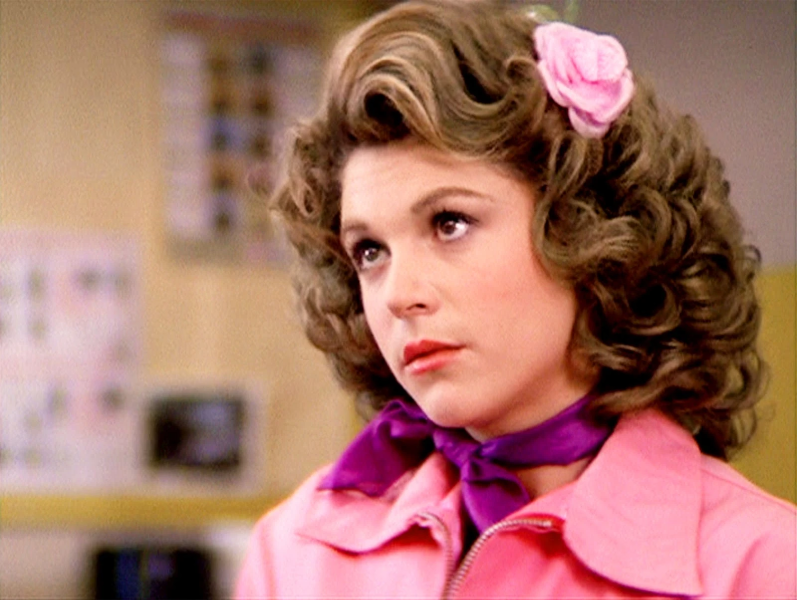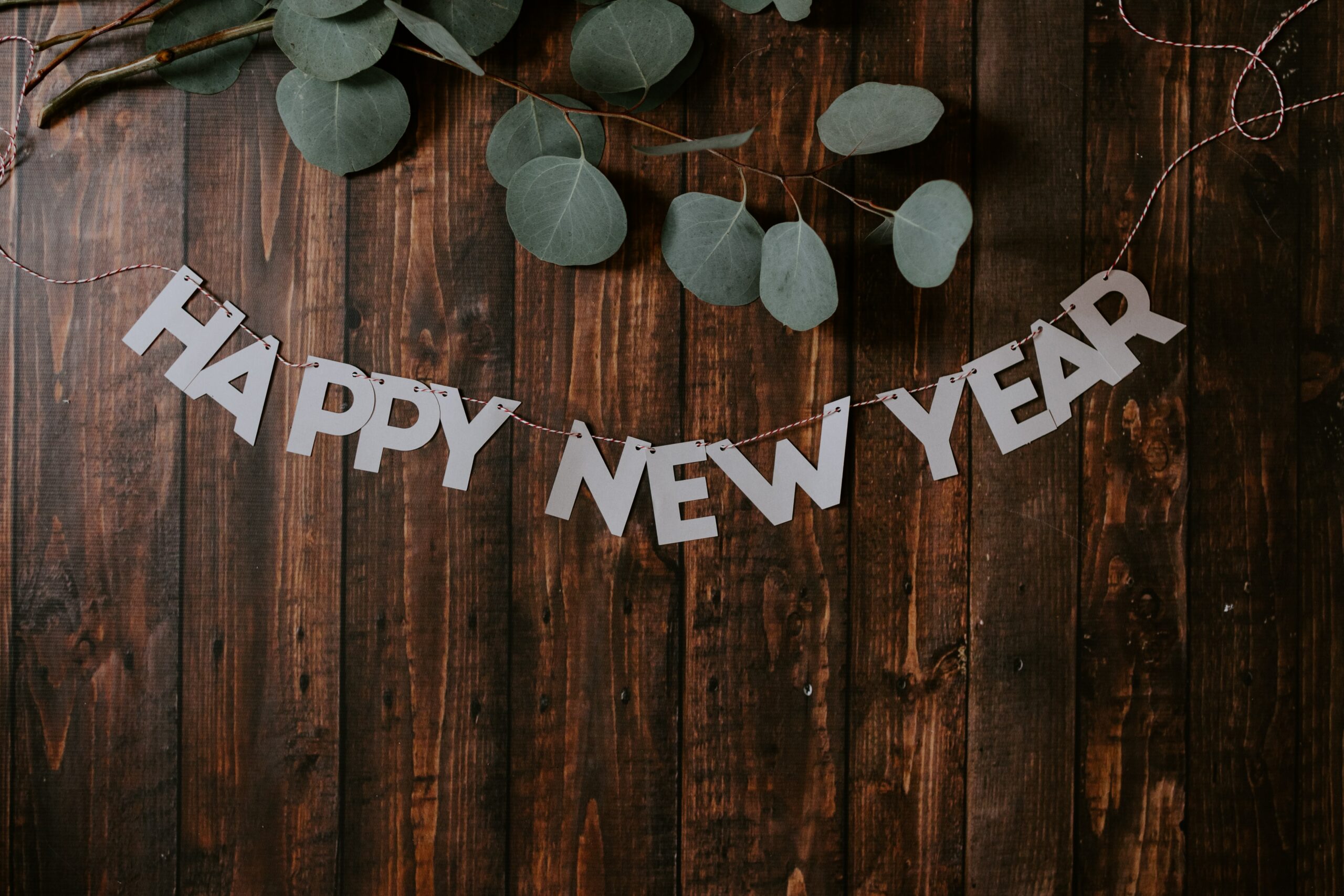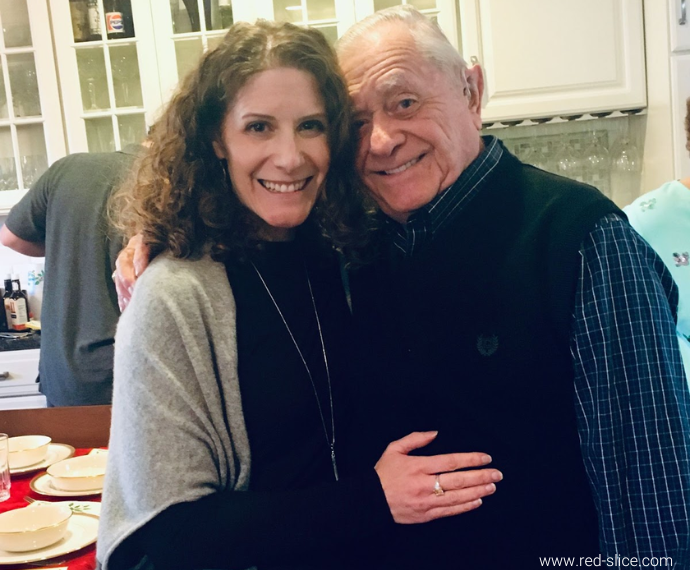Self-care is more than just manis, pedis, and massages. It is vital to helping leaders embrace both empathy while also making tough business decisions, holding people accountable, and setting high performance standards.
Self-care is the second of the five pillars in my upcoming book, The Empathy Dilemma: How Success Leaders Balance Performance, People, and Personal Boundaries, coming September 10 (pre-sale offers down below!).
What are the Five Pillars of Effective Empathetic Leadership?
These are common traits and behaviors seen over and over again in the successful empathetic leaders I interview, speak to, and advise. Even those who truly are empathetic, but don’t label themselves as such! The 5 pillars are a result of hundreds of podcast interviews, research, and data and are common threads across all those who are empathetic and high performing.
Let’s dig into the second one: Self-Care
What is self-care exactly? Taking care of yourself means enforcing strong boundaries, taking time to recharge, delegating, resting, and stewarding one’s own mental health as a leader.
It matters because depleted leaders are ineffective leaders.
It can be tempting to shoulder additional burdens in the name of empathy, but in the end you are doing yourself and your team a disservice. True empathy means treating yourself as well as you should your employees.
It means getting your own house in order so you have the capacity to meet other perspectives with curiosity, not defensiveness or fear.
When you are running with little in your tank, you know how you get: Short-tempered. Frustrated. Impatient. Maybe hangry.
None of that provides fertile soil for empathy to take root. You’re too stuck in self-preservation mode to see anyone else’s point of view or actively listen and support them. Everyone’s opinion is annoying. Everyone needs to just leave you alone and do their work. Not the best environment for making sound and collaborative decisions that move the business forward.
Decades ago, I had a manager who was constantly stressed to the point that she isolated herself in her office. Every time I tried to talk about work we needed to do or strategic decisions we had to make, she would sigh with a pained expression on her face. Like I was interrupting her. Even when I had to report progress, needed direction, had ideas to make our work better or offered to take something off her plate. She didn’t seem to know how to collaborate or delegate. I know she was very skilled at the work, but who knows what was going on in her personal life. I mean, it’s very likely I just rubbed her the wrong way, but she did this with everyone.
She ended up burning out at that job and abruptly leaving, with all of us holding the bag. It was clear she put everything else before her own needs, but she also didn’t take a break, create connections (part of taking care of yourself) or set boundaries with our unreasonably demanding CEO (all of which are part of self care) and it showed up in making her whole team miserable.
Based on the first pillar, Self-Awareness, you now know what you best need to operate at full capacity. Use that information to start taking better care of yourself so you have the capacity to look outward and be there for your team.
So how do you get better at self-care?
- Honor who you are
- Seek support and advice
- Recharge and renew
To better understand these deceptively simple strategies in detail, please check out The Empathy Dilemma for stories from leaders, and tactics to put these strategies into practice.
These 5 pillars will transform how your team engages, performs, innovates, delivers for you and your customers.
Enjoy special pre-sale and launch bonuses – click here now to check them out!
Check out more about the book here: www.TheEmpathyDilemma.com.
Photo Credit: Aaron Andrew Ang on Unsplash












